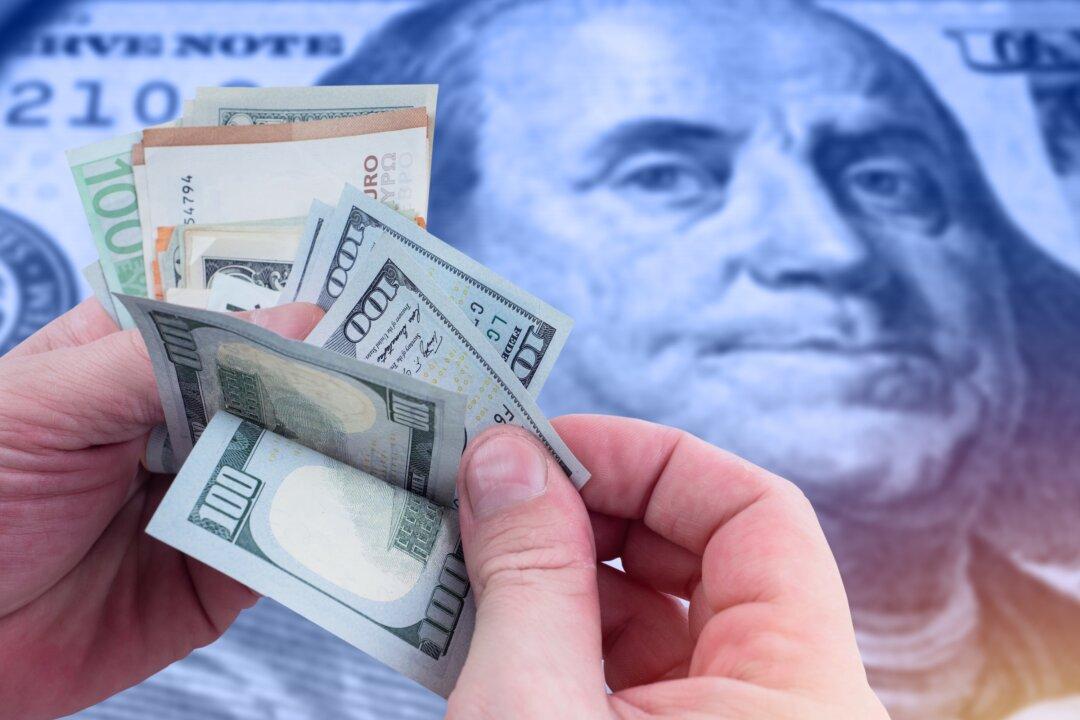You’re retiring to a new town and need a bank, or you just graduated from college and must have a checking account. Either way, it’s important to find one that meets your needs.
Many banks offer various perks when setting up a new account. But what do perks or features really mean anything? What are the must-have checking account features? Here’s a list of eight important features.






